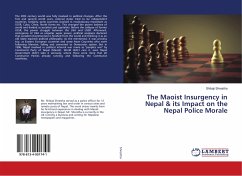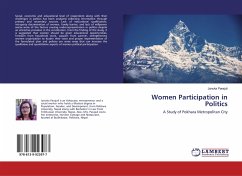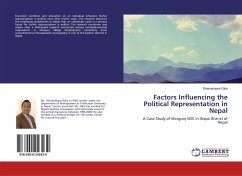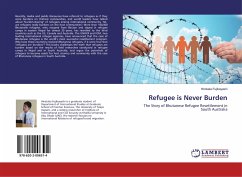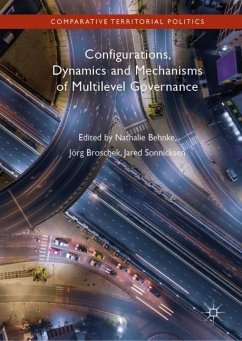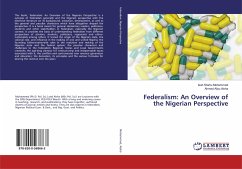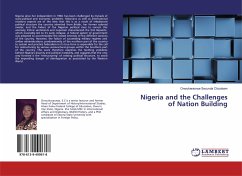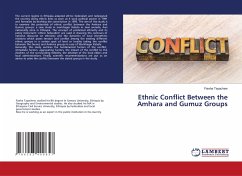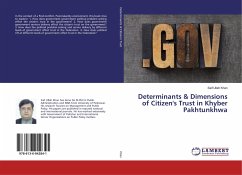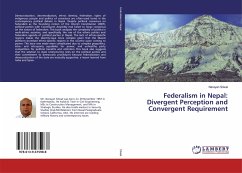
Federalism in Nepal: Divergent Perception and Convergent Requirement
Versandkostenfrei!
Versandfertig in 6-10 Tagen
47,99 €
inkl. MwSt.

PAYBACK Punkte
24 °P sammeln!
Democratization, decentralization, ethnic identity, federalism, rights of indigenous people and politics of consensus are often-used terms in the contemporary political debate in Nepal. Despite political consensus on federalism as the founding notion of the Interim Constitution (2007), political parties with Constituent Assembly had failed to forge consensus on the nature of federalism. This book analyzes the complexity of politics in multi-ethnic societies, and specifically, the rise of the ethnic politics and federalism agenda of political parties in Nepal. The lack of ethnic-specific region...
Democratization, decentralization, ethnic identity, federalism, rights of indigenous people and politics of consensus are often-used terms in the contemporary political debate in Nepal. Despite political consensus on federalism as the founding notion of the Interim Constitution (2007), political parties with Constituent Assembly had failed to forge consensus on the nature of federalism. This book analyzes the complexity of politics in multi-ethnic societies, and specifically, the rise of the ethnic politics and federalism agenda of political parties in Nepal. The lack of ethnic-specific regions makes the identity issue more complex given that the Maoist platform promised ethnic-specific regions in the country upon coming to power. The issue was made more complicated due to complex geopolitics, inter- and intra-party squabbles for power, and unhealthy party competition for political benefits and attention. This book also suggests that the solution to state restructuring rests on the political parties and their commitment to democratic procedures because federalization and democratization of the state are mutually supportive, a lesson learned from India and Spain.



